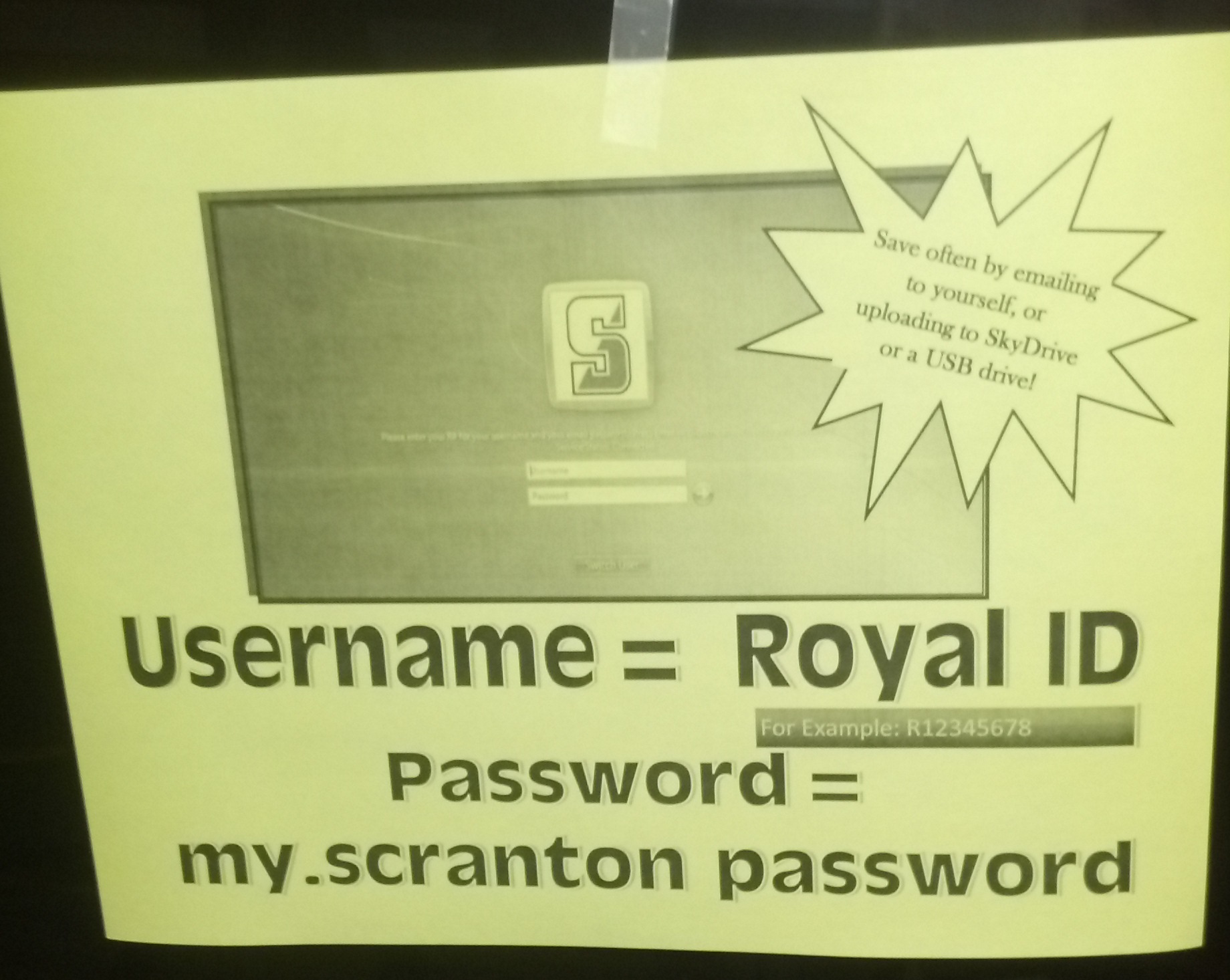The Learning Management System (LMS) Work Group made its recommendation this morning – we’ll be sticking with ANGEL through Spring 2014.
A full report is on the way, but in the meantime, here’s the announcement from Work Group leader Connie Wisdo:
Hello all,
The LMS Evaluation Working group had its final two meetings over the last three weeks and concluded its work. Below is a synopsis of the meeting minutes and the final recommendation made by the group. (A full report will be compiled and made available in the coming weeks.)
Group members discussed their findings and observations from testing the three LMS products chosen as finalists – Blackboard Learn, Desire2Learn and Moodlerooms. It was recommended unanimously by group members that Moodlerooms should be dropped from consideration due primarily to its lack of internal email. We concluded that the messaging features of Moodlerooms did not adequately substitute for an internal email system. Of the remaining two finalists, Desire2Learn was deemed a slightly better choice for us than Blackboard, overall. Many factors were taken into consideration in the analysis, but it really came down to (1) course conversion capabilities in Desire2Learn were better than those in Blackboard; and (2) the students who evaluated the products overwhelmingly chose Desire2Learn over Blackboard. Overall there were many issues with converting courses from ANGEL to each of the LMS products evaluated.
Since we are now not being forced to move away from ANGEL, the group considered the possibility of the University staying with ANGEL, for at least two more years. CTLE and ITDA did some background research for the group, by conducting a conference call with Blackboard reps. They gave us assurances that ANGEL development will continue, but the majority of Blackboard’s resources will be put towards the Blackboard Learn product. Blackboard said it will be putting more development into ANGEL mobile than ANGEL desktop. Therefore, the group concluded that any changes to ANGEL desktop will be minor over the next several years. The group was asked to identify any shortcomings in ANGEL which, if not addressed in the next two years, would significantly hamper our institution’s teaching and learning practices. None were identified, except for the lack of a good mobile interface. Otherwise, ANGEL seems to be adequately meeting faculty and students’ needs.
Due primarily to the experiences encountered in the LMS sandboxes with course conversion, and the significant cost, time and energy associated with transitioning to Desire2Learn at this time, the group members unanimously recommended that we stay with ANGEL for two more years (through Spring, 2014), and re-look the LMS market in Spring 2013. Doing so will allow us (1) to see if LMS products’ course conversion capabilities improve to the point of being acceptable to our faculty; and (2) to determine if any of the newer LMS products (such as Canvas by Instructure) evolve to a point where they could be considered as possible replacements to ANGEL at that time.
The group also unanimously recommended that if we stay with ANGEL we purchase Blackboard Mobile Learn for ANGEL. Respondents to a recent mobile app survey conducted by Public Relations and ITDA overwhelmingly named mobile access to the LMS as their top priority for mobile functionality on our campus. We have had the free version of Blackboard Mobile Learn for ANGEL for approximately 18 months, usable only on iOS devices (iPad / IPhone), with connectivity available only via Wi-Fi, or via the Sprint network. However, the full version of Blackboard Mobile Learn can be used on both iOS and Android devices, and with any cellular network. A significant portion of our students have Android smartphones and/or tablets, and are therefore incapable of using the free version of Mobile Learn for ANGEL. I negotiated with Blackboard to get a free trial of the full version of Mobile Learn for ANGEL, from mid-April, through the end of the Spring semester. The app was demonstrated at the working group’s April meeting and members of the group were encouraged to download the app. Several CTLE TechCons downloaded and evaluated the app, and concluded it was quite adequate for students’ needs.
As I said earlier, a detailed summary of the group’s overall evaluation process, conclusions and recommendations is forthcoming. I expect to have it finalized and made available to the campus community by May 18th. In the meantime, if you have any questions, please feel free to call or email me.
Thank you,
Connie Wisdo
Director, IT Development & Applications
x4123
constance.wisdo@scranton.edu
Many thanks from TAG to the faculty representatives who served on the Work Group: Maureen Carroll (math), TAG member Teresa Conte (nursing), Tara Fay (biology), Julie Nastasi (OT), Wesley Wang (economics/finance), and Keith Yurgosky (communications, part time).

